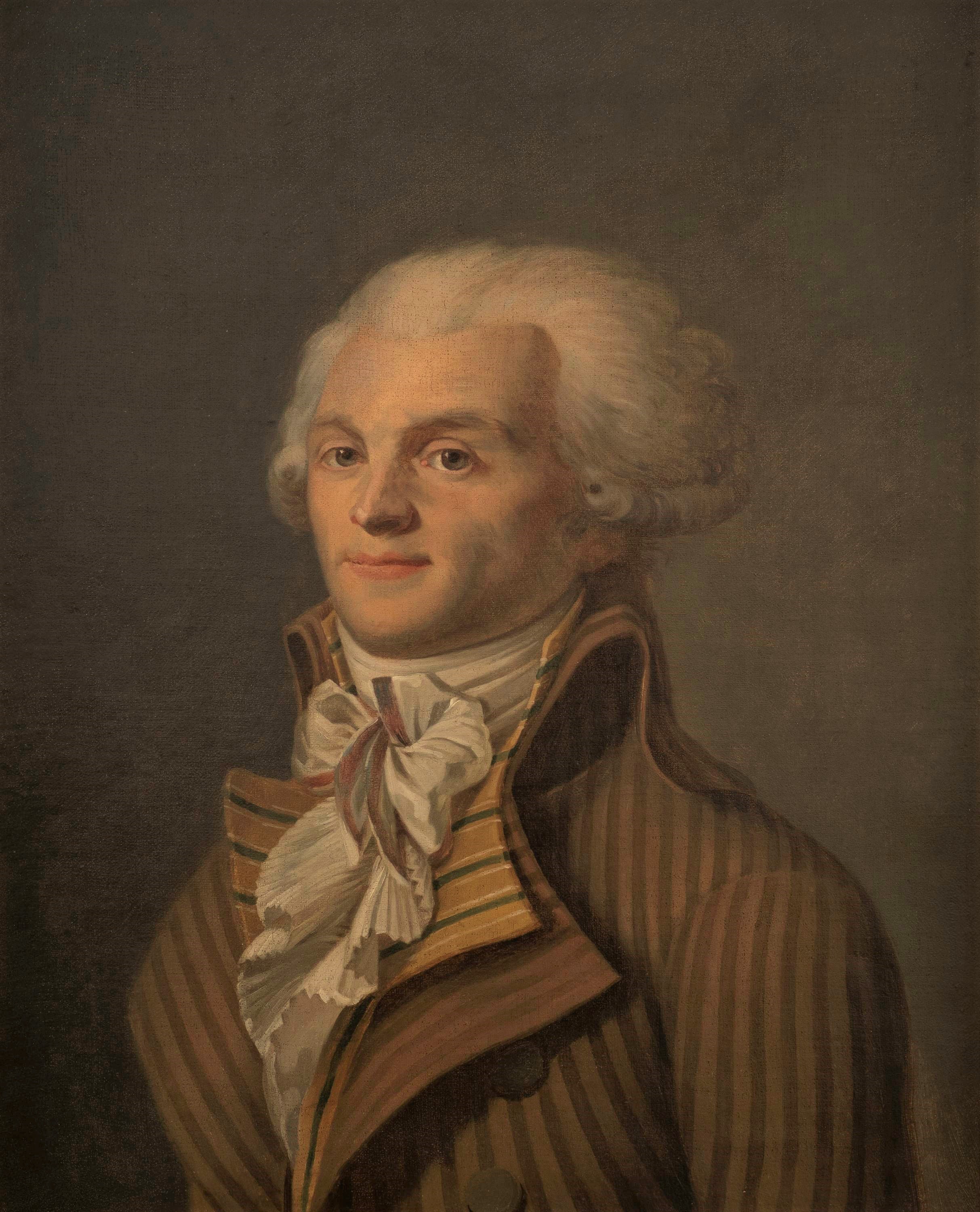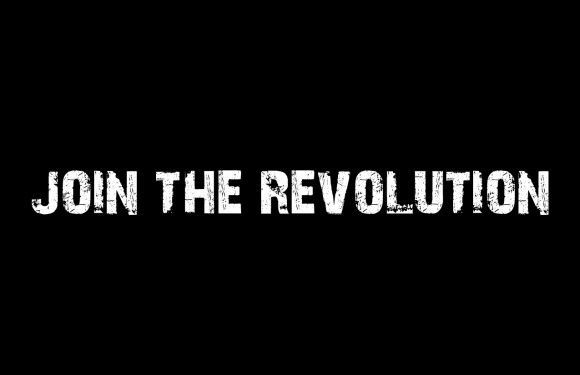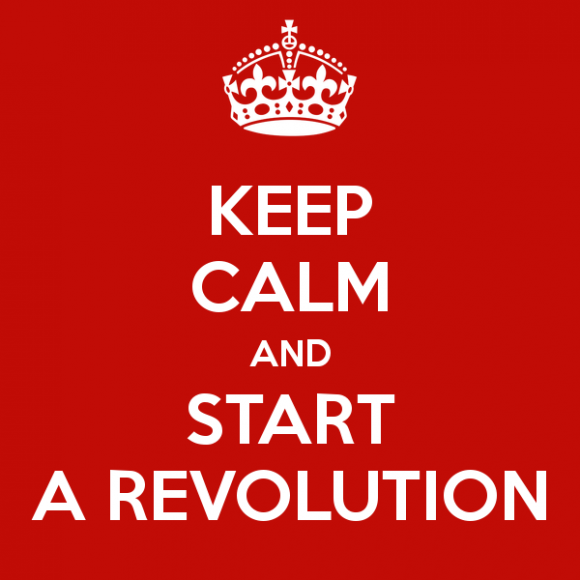Implosion
The textbooks tell of stories. They tell of battles won and lost. They tell of those who made it home and those who didn’t quite. They tell of pinnacle moments and times that the course of history was changed. The stories surround the moments when humanity was as it’s greatest and it’s worse. The books tell of when the future of the Earth was irrevocably changed and when history completed a full circle of events. These moments cannot be swept away or forgotten. They tell the stories of generations of men and how the past will and has affected the present and the future. The stories are not to be lost. They have to be remembered in order to remember those who lived through it.
Especially as the textbooks are marred by violence. They are scarred by the horror of what man can do and does do to the world around them. The textbooks do not only encapsulate the good in the world, they tell of the bad. And somehow the bad becomes more important. The bad is easier to remember. It is the parts of the history lessons that hook the students in more. The bad sound more and more like an action movie except the good guys do not always win. The bad bits are not more important however. The good bits are harder to remember but are needed to be remembered in order for the best parts of humanity to not be lost. The world is full of evil. The world is full of bad people and bad decisions. However, the bad and the good come in equal proportion. You just have to look for it. You just have to be able to get past the bad.
Sometimes, the bad is just too much. Sometimes, the bad is overwhelming and encompassing. When that happens across a nation, then a revolution occurs. When the way of life is too harsh, the world needs to be changed. Nations implode in on themselves. A spark becomes a barrel of dynamite. And the world is shattered and a new group of people are left to pick up the pieces and try to put the puzzle back together. Sometimes this works. Other times, the nation crumples over and over again until the correct solution is found.
In the modern world, revolutions are more political than they seemed to be in the past. Nations help out the rebels and governments alike on whichever side the aiding nations will get more of a benefit from. If a nation believes it will be more beneficial to aid one side or another, then that is the side that they will choose. If they do not see a, generally, monetary benefit to choosing a side in the disagreement, then the nation will stay out of it and aid neither side. Political ties are created and frayed as nations pick and choose who to get involved with and when that decision should be made. Nations develop differing views and those views can change the course of history. Those views do change the course.
Revolutions seem to have been on the rise in the past years with many nations taking their own future into the hands of the civilians with places like Egypt. There have been civil wars and revolutions across the world. The world powers have gotten involved or not gotten involved depending.
World is changing. World is rearranging itself. The world powers are slowly being joined or overtaken by new powers as more nations want to a piece of the sun. New nations are springing up like grass after a fire. Revolutions play a part in this. They play a part in reinvention. They are necessary. The world gets redone and revolutions are an avenue towards that. It is not always the correct option but it is always an option. Some revolutions like Gandhi’s are peaceful. Some are beyond violent. Both can be effective.
It is the way that the world works in order to improve. Revolts should be listened to and revolutions should be obeyed. Otherwise why should people continue to try to better the world they live in if they never see success? This is not to say that everyone’s ideas are what is really best for a generation of people and some people are just insane. But on the off chance that they aren’t, the world should stop and listen. The world grows old and needs to be renovated. So sometimes, you have to let the world implode and hope that whatever comes after is as good as you hoped it would be.






Susan Nahvi 1:38 pm on April 18, 2014 Permalink
I liked how you explained exactly why revolutions were so important for you to make a full blog out of them. I agree with Michael that often times, they seem to do more harm than good and there is so much awfulness in the world. But you’re also right about people often overlooking the good parts of history. For my IR class, we were reading about the UN peacekeeping missions during the 1990s, when there were four REALLY REALLY huge failures resulting in the genocide in Rwanda and other atrocities. But, what everyone ignored was that they had a number of quiet successes at the same time. They just received less attention because everything was going right. Anyway, thanks for the blog posts!
Michael Geitner 1:32 pm on April 18, 2014 Permalink
It’s disappointing that after the sacrifices made for a revolution the outcome is often just as bad as what preceded it. Fortunately, as you pointed out, improvements are still generally made in the long run.